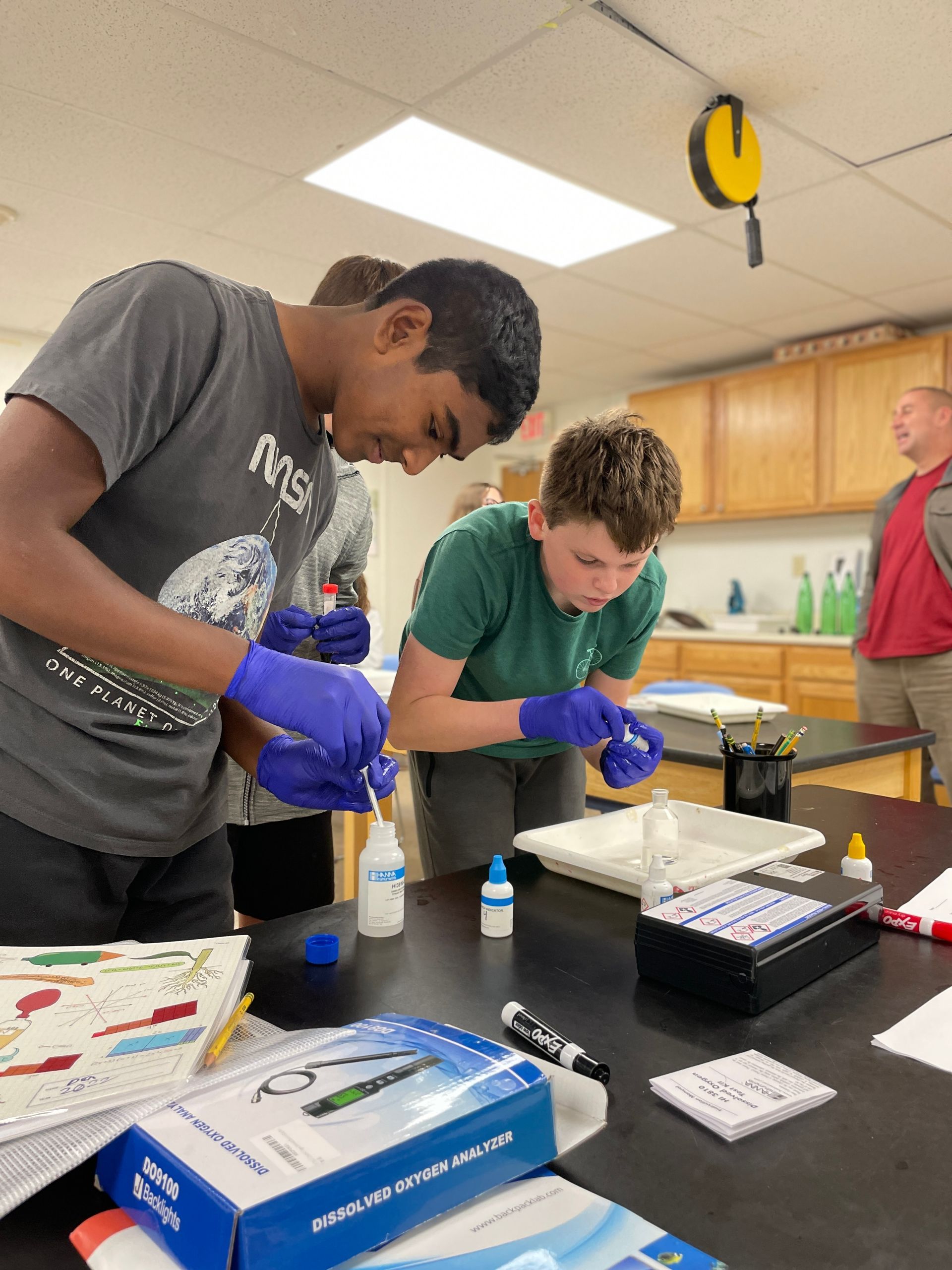Hive & OSP
For students ages 10-15 years old
Touchstone's oldest students are given the trust and freedom to explore their
interests and develop a deep understanding of themselves as learners.
Enrollment open for the 2023-2024 school year!
At Touchstone, our upper elementary and middle school programs are designed to meet the needs of young people in this current moment and prepare them for the challenges that they will face in the future. Through a hands-on approach to solving real world problems and by making personal connections to areas of intellectual curiosity, our students explore the world and make meaning together.
An Older Student's Day
A typical day begins with a morning meeting where students greet each other intentionally, share announcements, play a game, and become present with each other in the classroom.
Students then move into their first hour-long academic block focusing on classwork that is primarily hands-on and meaningful.
After their first class, students have a snack and movement break. This is followed by a second academic block which closes with a teacher-facilitated read-aloud and discussion based on a common text.
Next, students move into either physical education, art, woodworking/gardening, or wellness; this is followed by a 45-minute whole school recess. This special time fosters relationships across all age groups and allows for deep play.
After a 30-minute lunch block, students have a long afternoon block of thematic studies. Learn more about theme in the FAQ.The students end the day with a silent reading block, a closing circle, and classroom chores before being dismissed at 3:00.

FAQs
Wondering if Middle School at Touchstone is a good fit for your family?
Browse the FAQs or click here to learn more.

